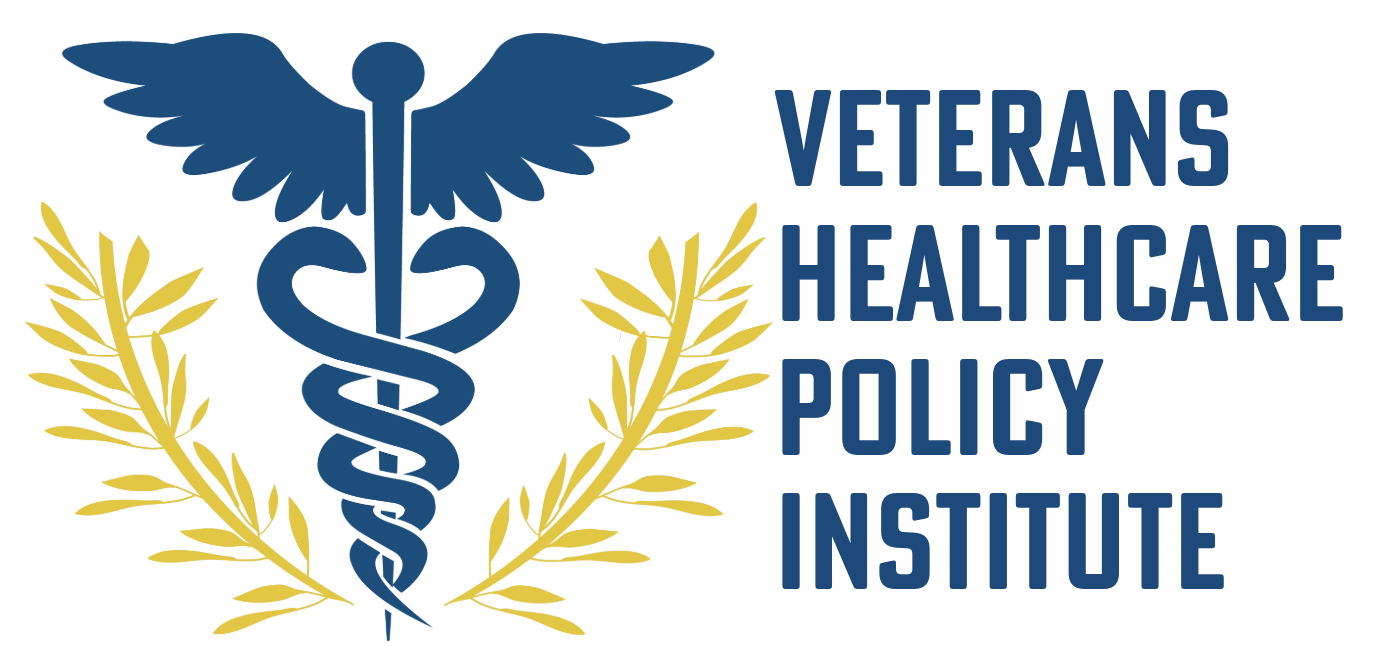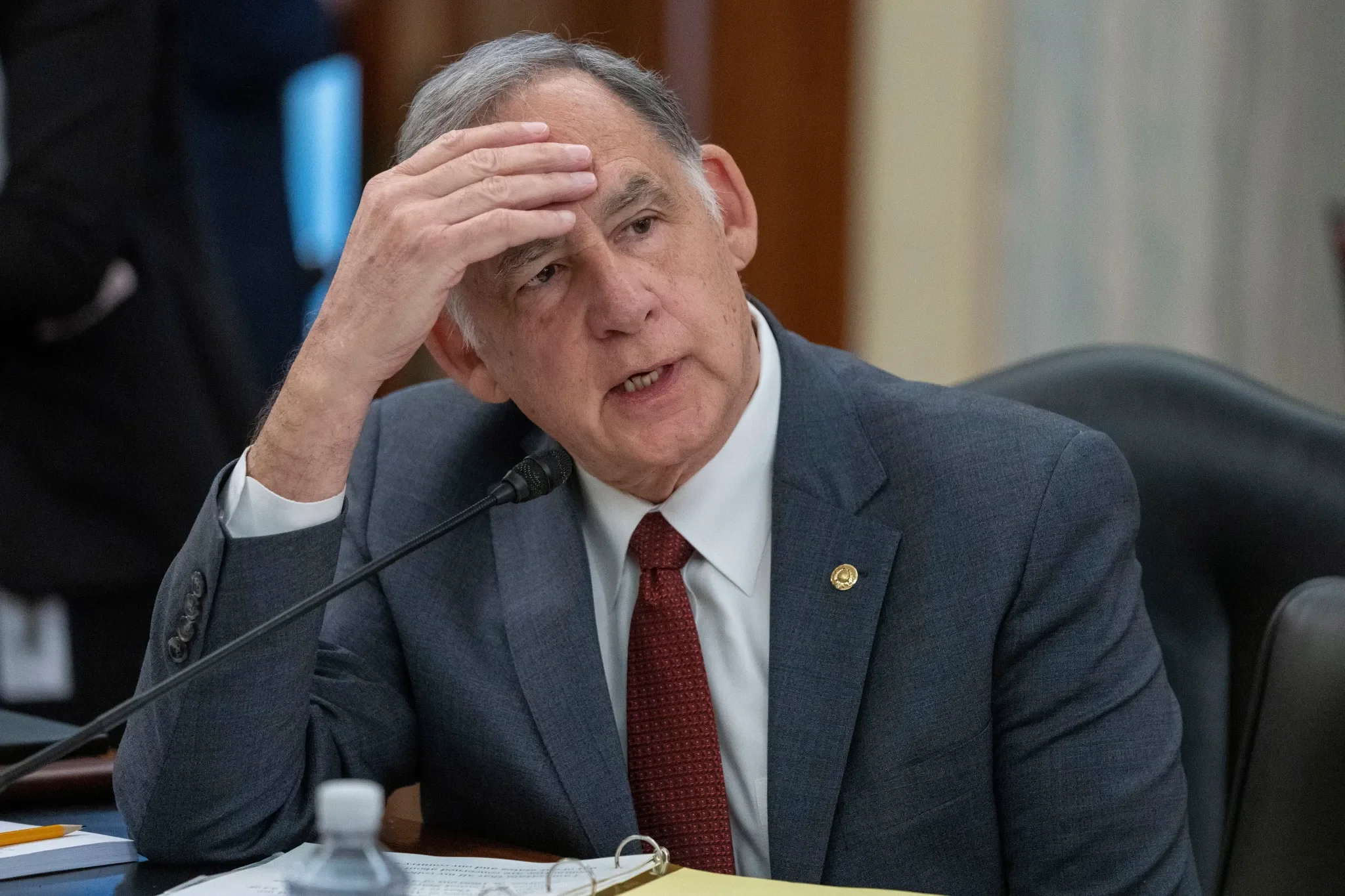Preventing Veteran Suicides Through Better Data
By Russell Lemle, originally in The Washington Monthly
In 2019, with the number of U.S. veterans dying by suicide surpassing 6,000 for the 11th consecutive year, Congress searched for fresh ideas to address the crisis. Representatives Jack Bergman, a Michigan Republican, and Chrissy Houlahan, a Pennsylvania Democrat, both veterans, crafted a new bill to help. The IMPROVE Act offered grants for community organizations to identify veterans at risk of suicide and deliver prevention services to them and their families.
Arkansas Republican John Boozman, a senior member of the Senate Committee on Veterans’ Affairs, recognized the potential and took up the cause. An optometrist and son of an Air Force Master Sergeant, Boozman co-sponsored the legislation. “This approach is key to empowering organizations to work together in the fight against veteran suicide,” he said. The bill became law as the Staff Sergeant Parker Gordon Fox Suicide Prevention Grant Program in honor of a U.S. Army Infantry School sniper instructor who died of suicide at 25. Over three years, it allocated $174 million to non-profit, private, and government groups ranging from veterans associations to social service agencies to tribal nations. Interventions addressing veteran suicide included peer support, assistance navigating the maze of public benefits, and even equine-assisted therapy.
Boozman, along with Bergman and Houlahan, wisely understood that comprehensive data would be needed to pinpoint which endeavors worked to save the lives of service members. He hailed the Fox Grant Program for establishing “a common tool to measure the effectiveness of our programs and promote better information sharing, data collection, and continual feedback in order to identify what services are having the most impact.”
Organizations receiving Fox Grants were required to obtain and convey data so that their efforts could be evaluated. The law also stipulated that the Department of Veterans Affairs (VA) provide congressional committees with annual reports on the effectiveness of the grants and that an independent third party conduct a study of the program.
It was an encouraging concept, except for one significant oversight: The law didn’t provide for the calculation and dissemination of grantee-specific data about their impact. Most of that information was rolled up into aggregate numbers for the whole program, which was a huge problem. There was no way to determine whether a particular organization’s services were effective.
To read the entire article, which explains how to secure data on these initiatives, click here.


